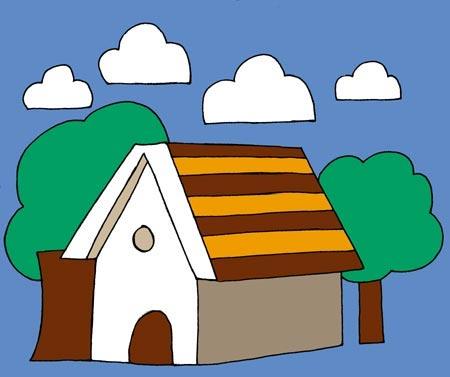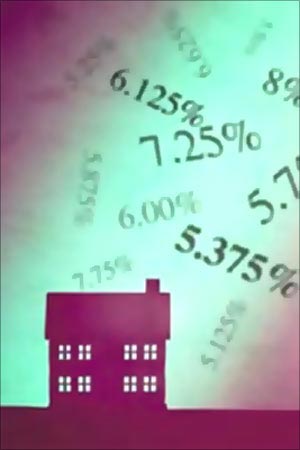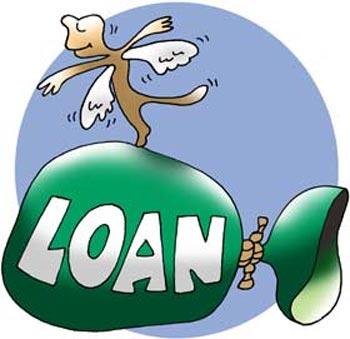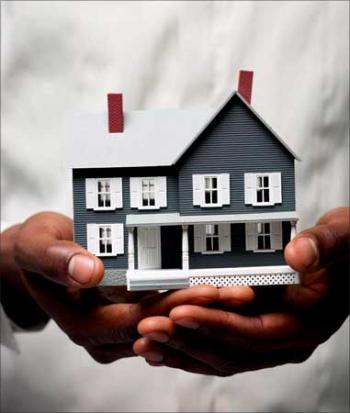
The life expectancy in India has been rising steadily in the last few decades. So have the costs of medical treatment.
For senior citizens, who lack regular income or financial support from children, this could lead to a financial crisis. Further, gone are the days when the elderly lived with their sons and daughters, depending on them for their amenities and medical needs.
The reverse mortgage, introduced by the Union Government in 2007, is an answer to such issues faced by senior citizens, giving them a life of dignity.
Click NEXT to read why reverse mortgage is a beneficial option for senior citizens

Anil Sharma, a Central Government retiree, has been living with his wife in an independent home for the last 35 years. His two sons, both settled in New York, have no intention of moving base to India. Husband and wife, well past in their sixties, do not wish to live with their sons in a foreign country.
Mr Sharma, a heart patient, and his wife a diabetic, have substantial monthly medical expenditure. Not satisfied with his pension, and not wanting to depend on his sons for household expenditure as well as medical care, he approached his bank for a solution.
The bank advised him to opt for reverse mortgage, to ease his monthly expenses.
In simple terms, a reverse mortgage is the 'opposite' of a conventional home loan.
A reverse mortgage enables a senior citizen to receive a regular stream of income from a lender (a bank or a financial institution) against the mortgage of his home.
The borrower (that is, the individual pledging the property), continues to reside in the property till the end of his life and receives a periodic payment on it.

When the home is pledged, its monetary value is arrived at by the bank, on the basis of the demand for the property, current property prices, and the condition of the house. The bank then disburses a loan amount to the borrower in the form of periodic payments, after considering a margin for interest costs and price fluctuations.
The periodic payments also known as Reverse EMI are received by the borrower over a fixed loan tenure. With each payment, whether monthly or quarterly, the equity or the individual's interest in the house decreases.
A reverse mortgage is an ideal option for senior citizens who require regular income, or if the property is of illiquid nature for some reason.

The Reserve Bank of India has formulated the following guidelines for a reverse mortgage:
If at such time, the valuation has increased, borrowers have the option of increasing the quantum of the loan. In such a case, they are given the incremental amount in lump sum.

Senior citizens will be eligible for getting a reverse mortgage loan if:

A reverse mortgage loan becomes due when the last surviving borrower dies, or if the borrower chooses to sell the house. The bank first gives an option to the next of kin to settle the loan along with accumulated interest, without sale of property.
If the next of kin is unable to settle the loan, the bank then opts to recover the same from the sale proceeds of the property.
Any extra amount, after settlement of the loan with accrued interest and expenses, through the sale of the property, will be passed on to the legal heirs.
If the sale proceeds are lower than the accrued principal plus interest amount, the loss is borne by the bank.
This loss could happen in cases where the bank's original estimation is not in line with the real estate market movement.

Prepayment of loan: Borrowers could prepay the loan at any time during the tenor of the loan, at no prepayment penalty or charges.
Outliving the tenure of the loan: If the borrower outlives the tenure of the loan, he could continue to stay in the house. The lending institution may however cease the monthly payments. Settlement of the loan is done only after the borrower's death.
Death of one of the spouses: If one of the spouses dies, the other can still continue living in the house. Only on death of both, settlement of the loan takes place.
Foreclosure: The loan could be foreclosed by the lender if:

Lengthy documentation procedures: Banks require various documents of the property. For a senior citizen this procedure could be tedious, complicated and difficult to understand.
Fixed monthly amounts: The monthly payouts are fixed. There is no provision to increase this amount in case of an emergency or contingency.
Popularity of the scheme in India
Reverse mortgage is a relatively new concept in India. It would take some time for a change in mindset of individuals to accept it. As a financial tool, reverse mortgage is ideal to augment a senior citizen's income in his years ahead.
Despite all its shortcomings in India, it could make good the shortfall in one's pension or income to live a quality life ahead.